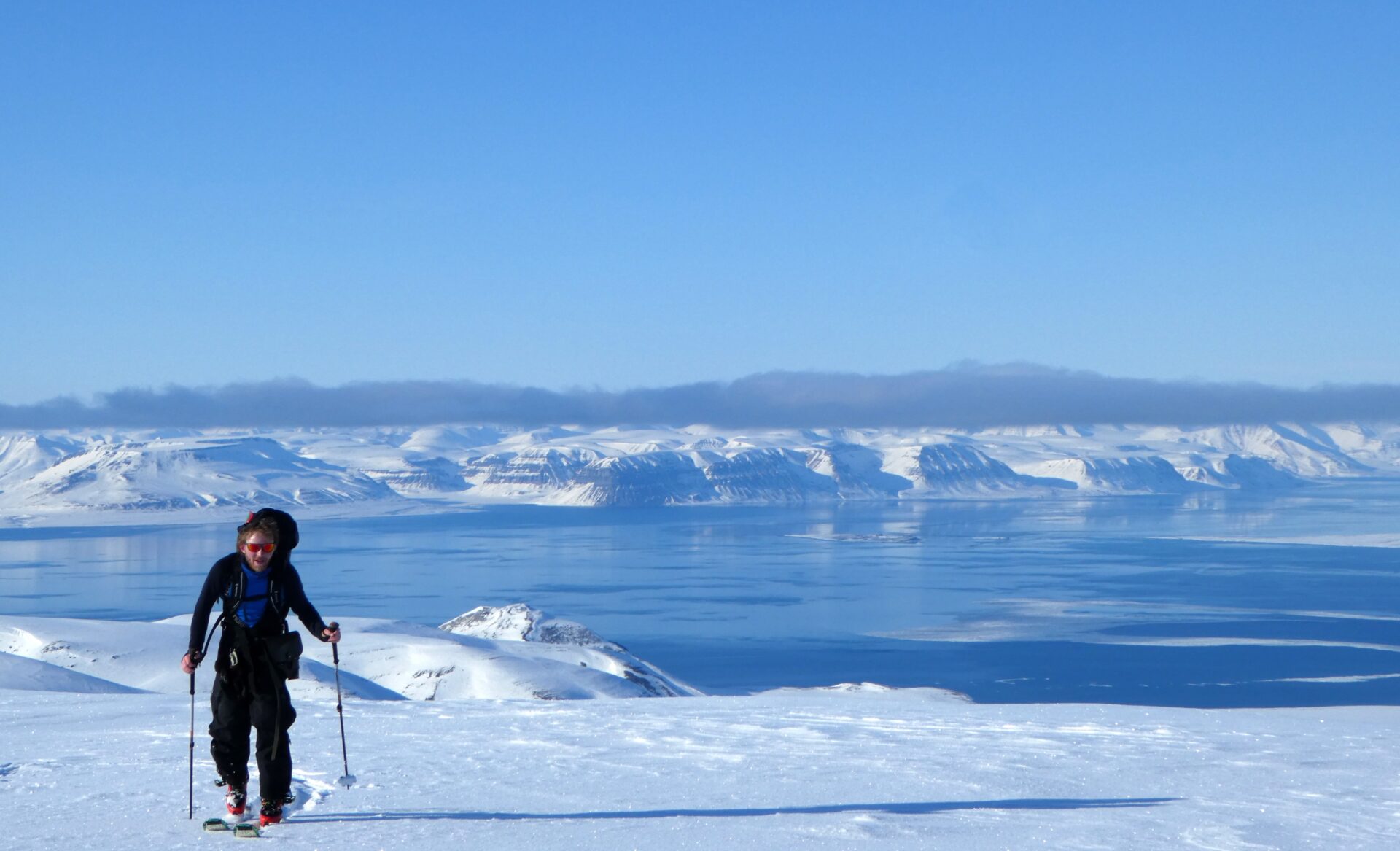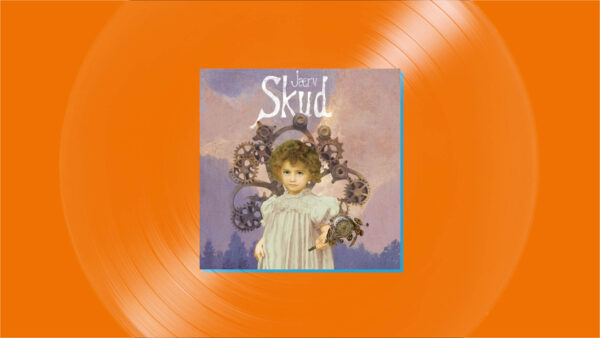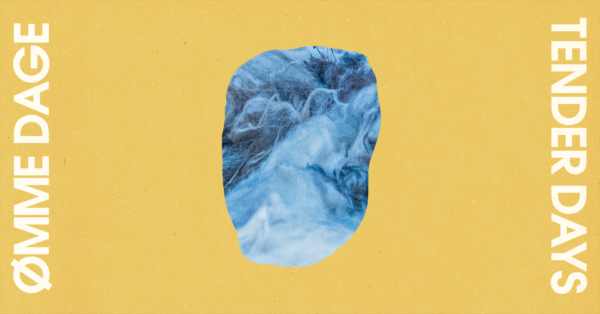Arbejder isbjørne også over?

Mød Hans Skau, der har boet fire år nord for polarcirklen. Først i Alta i den nordlige del af det norske fastland og sidenhen på Svalbard. Naturen er blevet hans arbejdsplads, i hans arbejde som arktisk guide og naturformidler, på ski, scooter eller i båd. Hans skriver når han går på tur – og han går på tur for at skrive: om sammenhængen mellem friluftslivet og inspiration – hvordan det udendørs rum åbner en særlig kreativitet. Teksterne er nu udkommet i en smuk og humoristisk skildring af Svalbards natur og historie, med menneskets besættelse af at arbejde som en motor der driver bogen frem.
Om bogen:
“Arbejder isbjørne også over?” er en humoristisk arbejdskritik skrevet i hybrid form. Den finder sted på Svalbard og dvæler ved barske beskrivelser af hvalfangst, kulminedrift og forladthed. Dette parallelt med at et ungt menneske drømmer om at undslippe sin Københavner-studietilværelse for at blive polarfarer. Han bliver snescooterguide og i en stund er han lykkelig, men turistindustrien synes at kvæle alt og alle der bor på Svalbard. Natur såvel som mennesker.
/// English
Meet Hans Skau, who has lived four years north of the Arctic Circle. First in Alta in the northern part of the Norwegian mainland and then on Svalbard. Nature has become his workplace, in his work as an Arctic guide and nature mediator, on skis, scooters or by boat. Hans writes when he goes on a walk – and he goes on a walk to write: about the connection between outdoor life and inspiration – how the outdoor space opens up a special creativity. The texts have now been published in a beautiful and humorous depiction of Svalbard’s nature and history, with man’s obsession with work as an engine that drives the book forward.
About the book:
“Do Polar Bears do overtime?” is a humorous critique of work written in a hybrid form. It takes place in Svalbard and lingers on harsh descriptions of whaling, coal mining, and abandonment. This runs parallel to a young person dreaming of escaping their Copenhagen student life to become a polar explorer. He becomes a snowmobile guide, and for a moment, he is happy, but the tourist industry seems to suffocate everything and everyone living in Svalbard—both nature and people.








